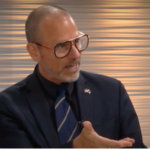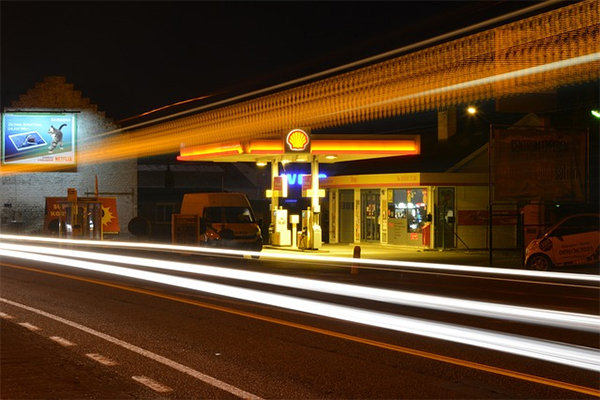Tennessee Gov. Bill Haslam (R) is campaigning across the state for the first gasoline tax increase in 25 years.
The tax would raise money for proposed increases in state infrastructure spending.
Jonathan Williams, vice president of the American Legislative Exchange Council’s Center for State Fiscal Reform, says state governments should set spending priorities before seeking tax hikes.
In March, Haslam proposed spending $120 million in surplus revenue on a new state museum.
Setting Spending Priorities
“We recognize the necessity for states to maintain their roads,” Williams said. “However, we believe certain best practices can lead to sufficient funding without the need for higher taxes. One of these recommendations … is to adopt priority-based budgeting, where states are free to fund core functions of government, [such as] transportation and infrastructure adequately.
“We also believe states should adopt the benefit principle, that revenue coming from road taxes and fees should be spent exclusively on road expenses,” Williams said.
Putting ‘Roads Last’
Americans for Tax Reform President Grover Norquist says Haslam has displayed poor stewardship of taxpayer money, hurting the people who elected him to protect their interests.
“The politicians decided to put roads last on their priority list,” Norquist said. “They can always change the priorities and reduce spending in other areas to finance roads, unless this is just another excuse to raise taxes and continue the longstanding priorities of the politicians.”
Norquist says lawmakers should maximize efficient use of existing funds before seeking more of other people’s money.
“Elected officials have to choose between reforming government to cost less and raising taxes—forcing taxpayers to pay for the refusal/failure of the politicians to reform government,” Norquist said. “Promises to build roads with new tax money raise the question, ‘What have you done with the billions you taxed and spent in recent years?'”
D. Brady Nelson ([email protected]) writes from Washington, DC.
Internet Info
Shanjun Li, et al., “Gasoline Taxes And Consumer Behavior,” National Bureau of Economic Research: https://heartland.org/policy-documents/gasoline-taxes-and-consumer-behavior/





